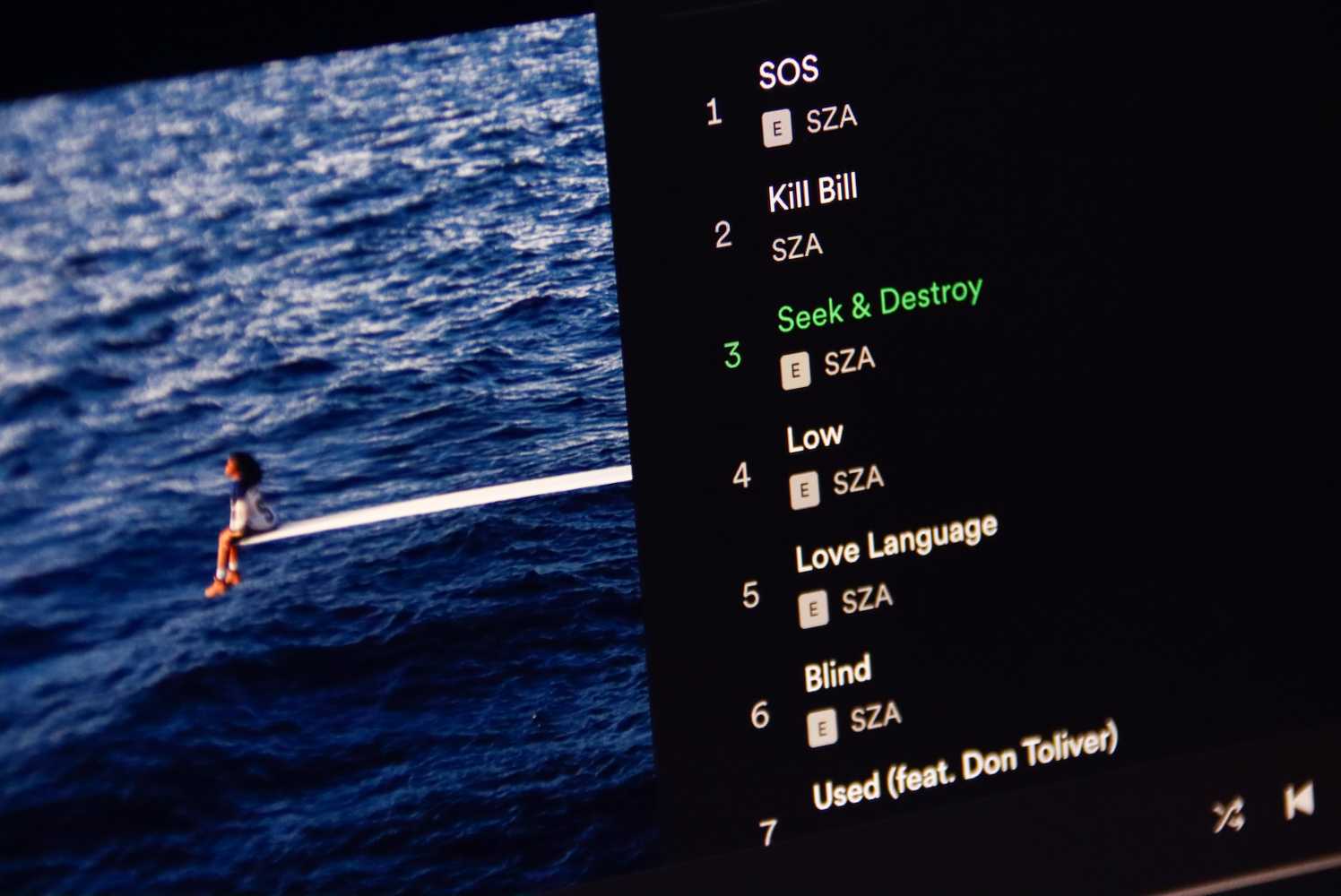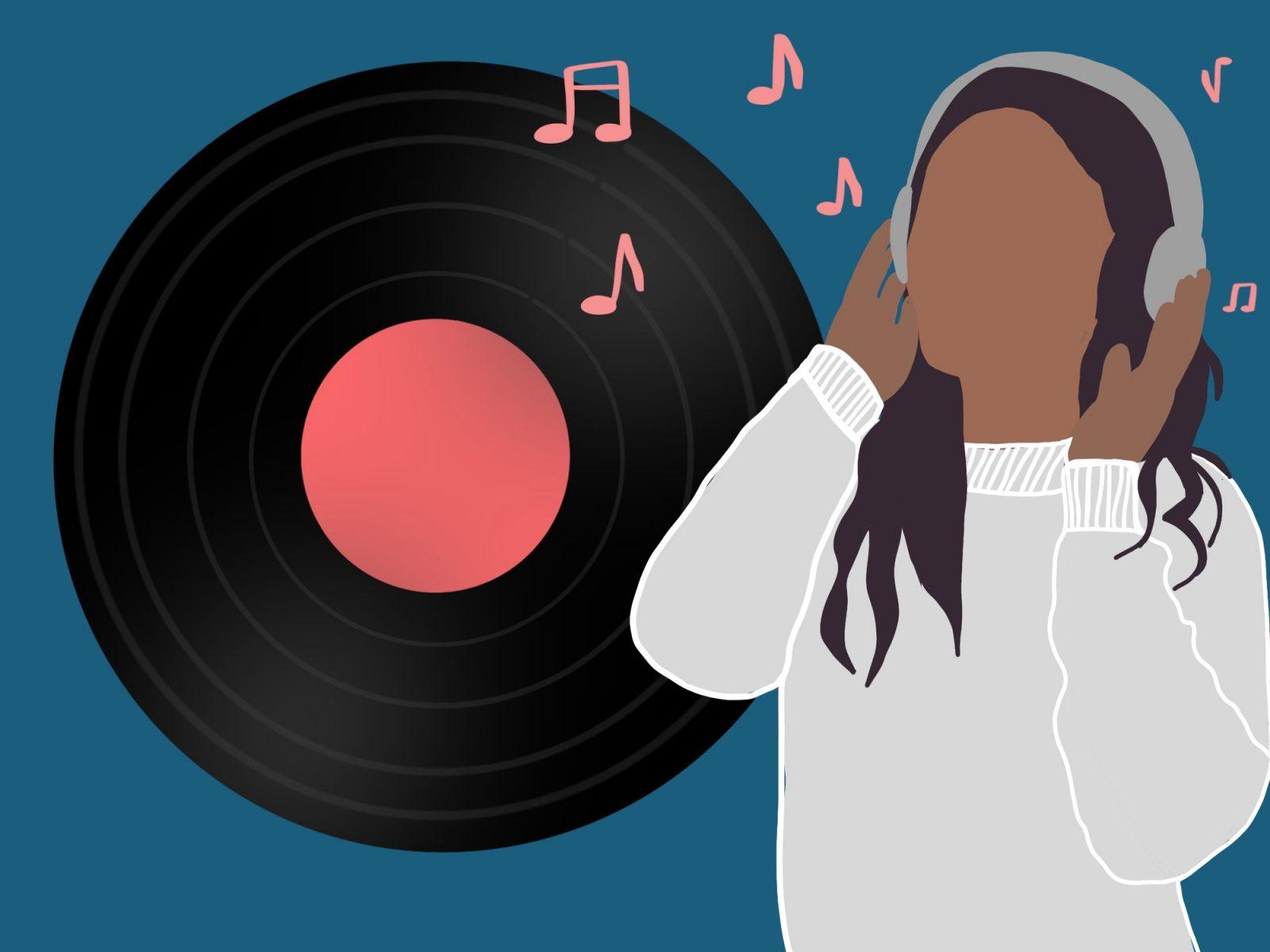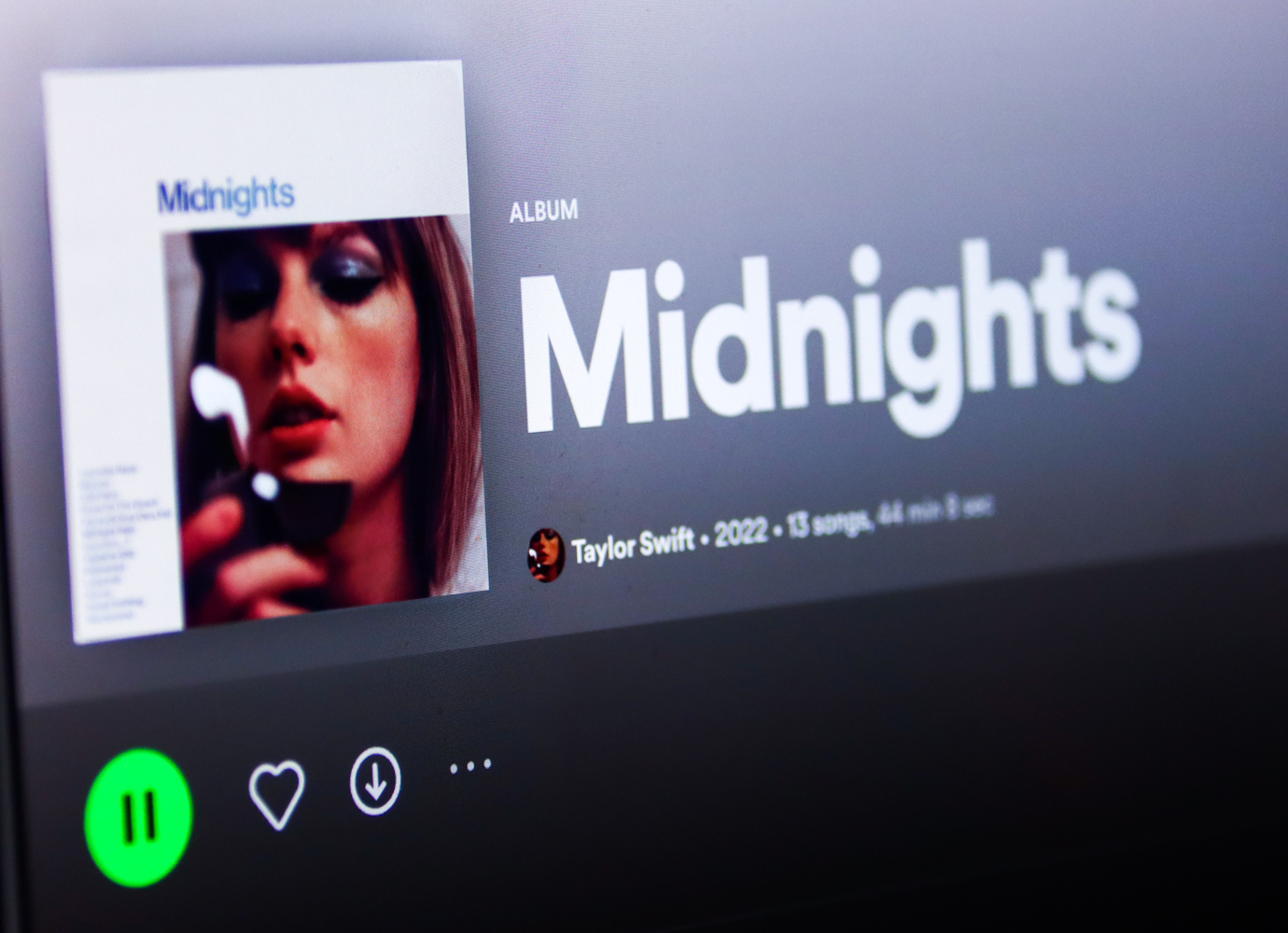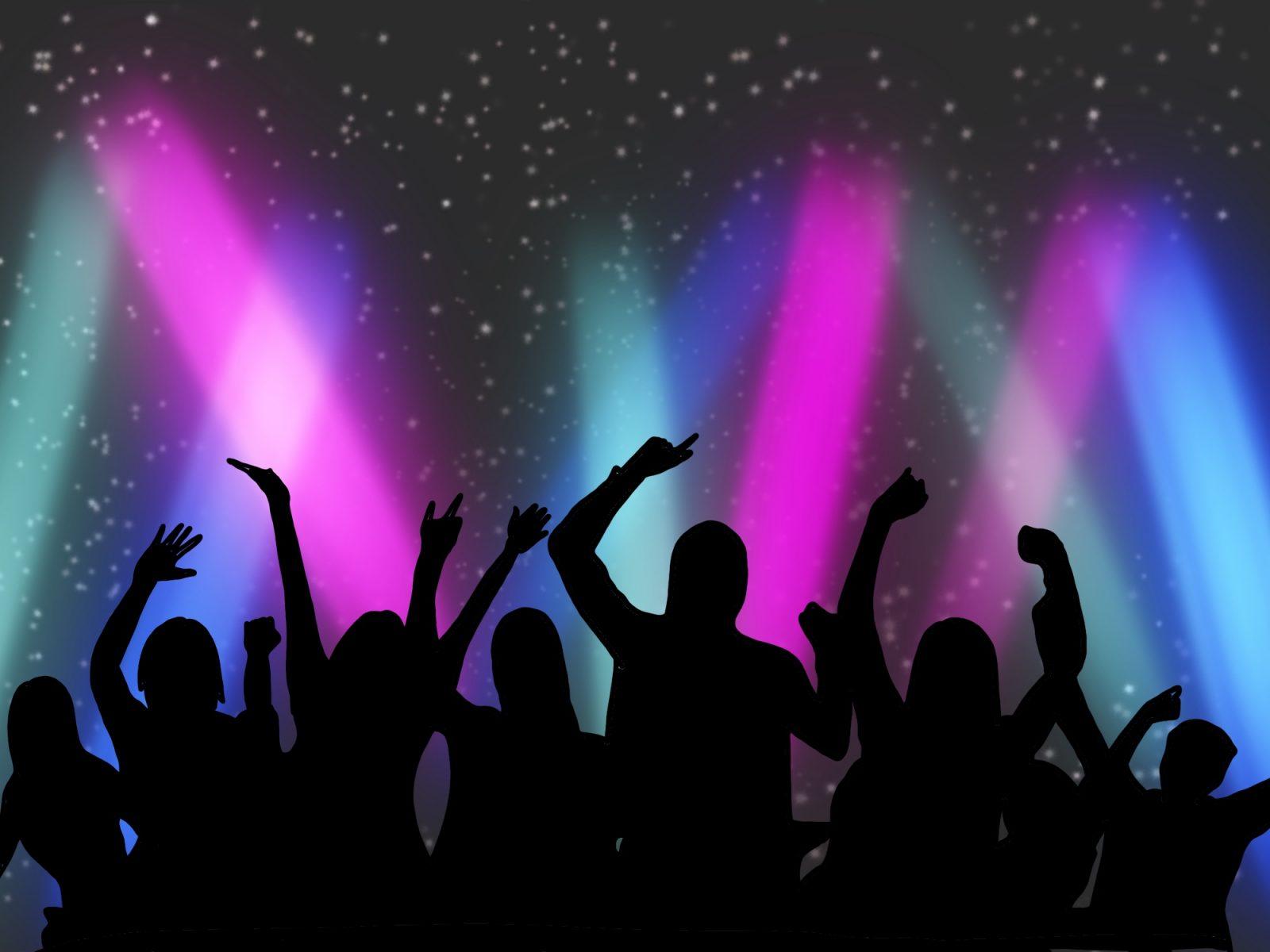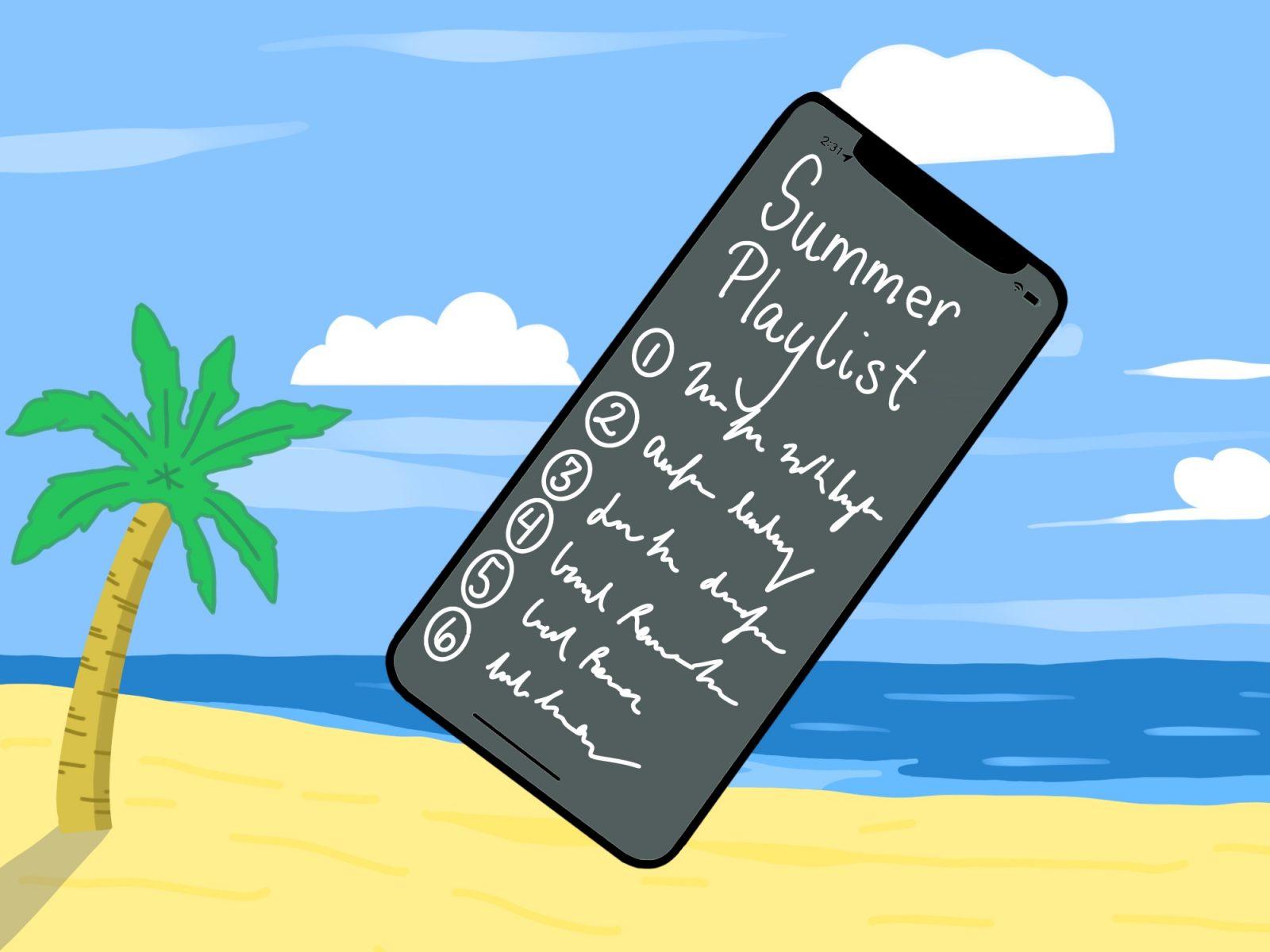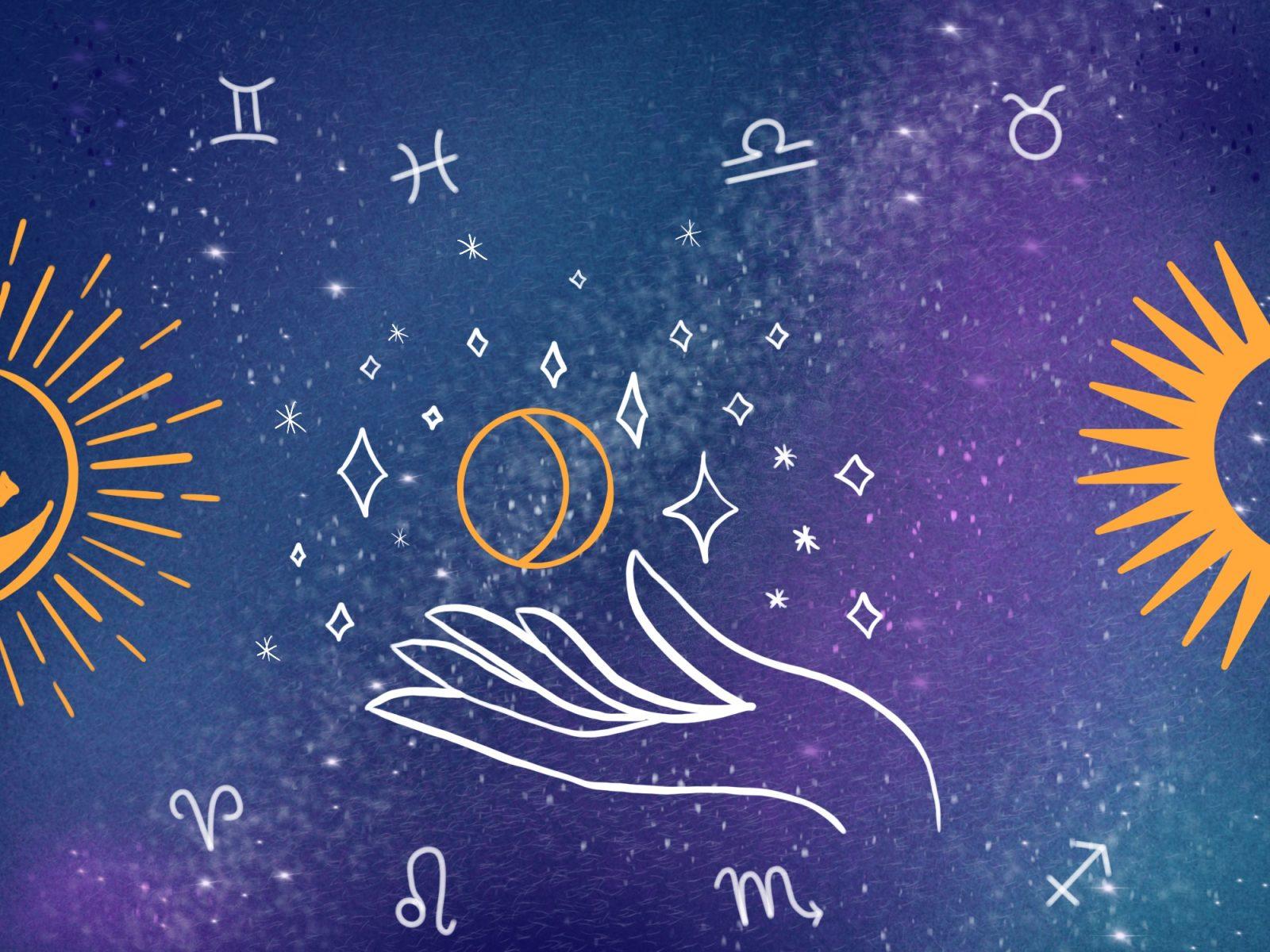Typing up and thoroughly explaining the concept of “pretty privilege” and why it exists pains me. I don’t want this ideology to be real, nor do I want people, “pretty” or not, to be affected by it. But it does affect others.
Pretty privilege operates on the principle that people who are more conventionally attractive based on societal beauty standards have more advantages and opportunities compared to people who are deemed less attractive.
No one wants to blatantly say that you live a better life if you look better. I have never believed this to be true until science proved otherwise. Studies show that conventionally attractive people compared to unattractive people are more successful reproductively, report being healthier, do better when it comes to dating and marriage, are more successful in the labor market and are viewed as having more successful political careers.

“Pretty privilege” has been a concept that people have most likely thought about, but never vocalized due to the shallowness of the idea and lack of a title. Maybe you’ve been a receiver of this principle, a participator or a viewer, but everyone has been affected by this flawed concept. Wasn’t that new kid in middle school, who happened to be good-looking, immediately absorbed by the popular group? Why was it that my pretty best friend got a warm greeting from the barista but I got a cold look? The impact of pretty privilege is similar no matter how distinct the story is.
TikTok has called attention to pretty privilege with people stitching or integrating their own stories and experiences. Many women have come forward saying that they have experienced free drinks at bars, price drops at coffee shops, people opening doors and even free of charge tire changes, simply because of the way they look.
Others have spoken up about being on the opposite end of the spectrum. Men and women have spoken up about being looked over, ignored and disrespected when they are with their attractive friends. People who have shared that they have experienced both the advantages of having pretty privilege and the disadvantages of not having it truly proves that this concept is concrete.
A TikTok user who goes by the name MermaidKeels discussed on her platform that she has experienced “the best and worst of pretty privilege” after losing weight. She noticed little, kind gestures such as not having to pay for an extra drink or dessert at a restaurant, something that never happened to her when she was over 200 pounds, she said.
If you happen to find someone attractive, chances are you perceive them in a more positive light, in turn treating them better. Pretty privilege and the “Halo Effect” go hand in hand. The Halo Effect is a type of cognitive bias in which our perception of someone is positively influenced by our opinions of that person’s traits such as physical appearance.
The Halo Effect can shape our thoughts on intelligence, incompetence and can be seen in many settings, ranging from the classroom to the courthouse. If you have used one trait to make an overall judgment about something, you have been affected by the Halo Effect.
The dangers of pretty privilege are plain and simple. The people positively affected by it are being spoon-fed that their looks can get them anywhere and everywhere. When they are given hand-outs for their exterior, they are in a sense told that doing the bare minimum is okay. What happens when that beauty fades? When beautiful actors age, they have to compensate more. They need to fascinate the audience with something other than their looks, so they show their personality and talent. If your face is all you have, you will end up mourning your past.
The other side of pretty privilege is how “ugly” people are treated. Actual dehumanization of “unattractive” people happens. That’s barbaric. Disregarding someone for being unattractive in your eyes can cause insecurities beyond belief.
Humans who aren’t “genetically blessed” shouldn’t have to imagine themselves as happier, more confident people if they were better looking. It’s heart-wrenching to think that people see themselves as moths in a mass of butterflies that make up their social media feed.
Pretty privilege is probably something that will never undo itself in society since it’s all up to each individual person to respect people for who they are. We’re all unintentionally kinder to a stranger based off of their front, but by understanding that looks can be a facade that doesn’t do one’s personality justice, every stranger can treat one another with courtesy and respect.





















































































































